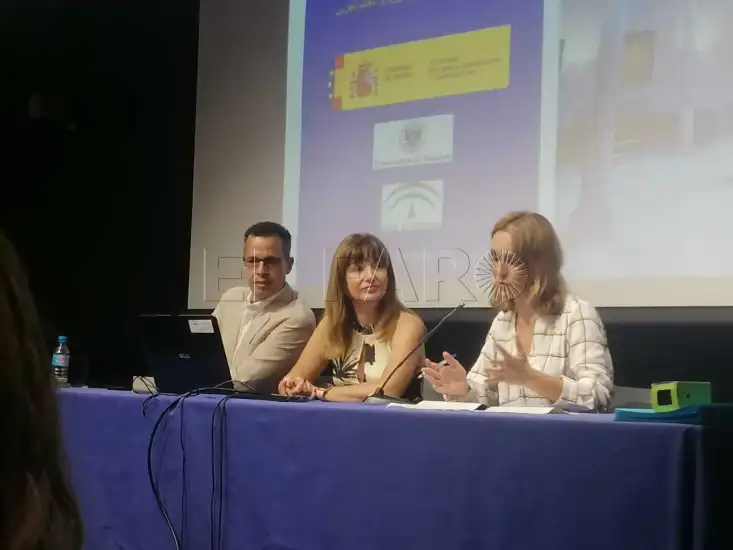Melilla launches three programs for the development of Amazigh culture in the city
Melilla concluded an agreement with the Euro-Arab Foundation for Graduate Studies to implement three projects on Amazigh culture in Melilla, including a sociolinguistic study on Tamazight and to provide courses for trainers of this language to improve the level of teaching in it.

Most of the inhabitants of Melilla are of Moroccan origin, especially from northern Morocco, and speak a language that is not Arabic, but the language of their ancestors, which is Tamazight. However, they do not know how to speak it properly because they are second or third generation Berbers. The Euro-Arab Foundation for Graduate Studies has been working since 1995 to strengthen relations between Europe and the countries of the Middle East and North Africa through key aspects such as science, education and culture.
The Ministry of Education, Culture, Celebrations and Equality concluded with this institution an agreement for three projects in Melilla within the framework of the second week of cultural diversity. This agreement was presented on May 19 by the Director General, Inmaculada Marrero Rocha, and the President of the International Chair of Amazigh Culture, Hassan Laguerre. The first projects consist of a training course for trainers in the Tamazight language accredited by the University of Granada and aimed at teachers and professionals who dedicate themselves to teaching the Tamazight language. The aim is to encourage future language teachers and thus improve the level of the participants. It is a multidisciplinary training that covers all areas involved in language teaching. On the other hand, there will also be an introductory course on Amazigh culture for teachers and educators, on history, culture and traditions are also important features of language learning.
In addition, a socio-linguistic statistical study will be conducted on the Amazigh population residing in the city. It is important to make a diagnosis of the Amazigh-speaking population, its level, the places where it is spoken or the age groups. This data will be presented to teachers so that they have knowledge of the current situation supported by accurate data.
https://amadalamazigh.press.ma/%d9%85%d9%84%d9%8a%d9%84%d9%8a%d8%a9-%d8%aa%d8%b7%d9%84%d9%82-%d8%ab%d9%84%d8%a7%d8%ab-%d8%a8%d8%b1%d8%a7%d9%85%d8%ac-%d9%84%d9%84%d8%aa%d9%86%d9%85%d9%8a%d8%a9-%d8%a7%d9%84%d8%ab%d9%82%d8%a7%d9%81/

